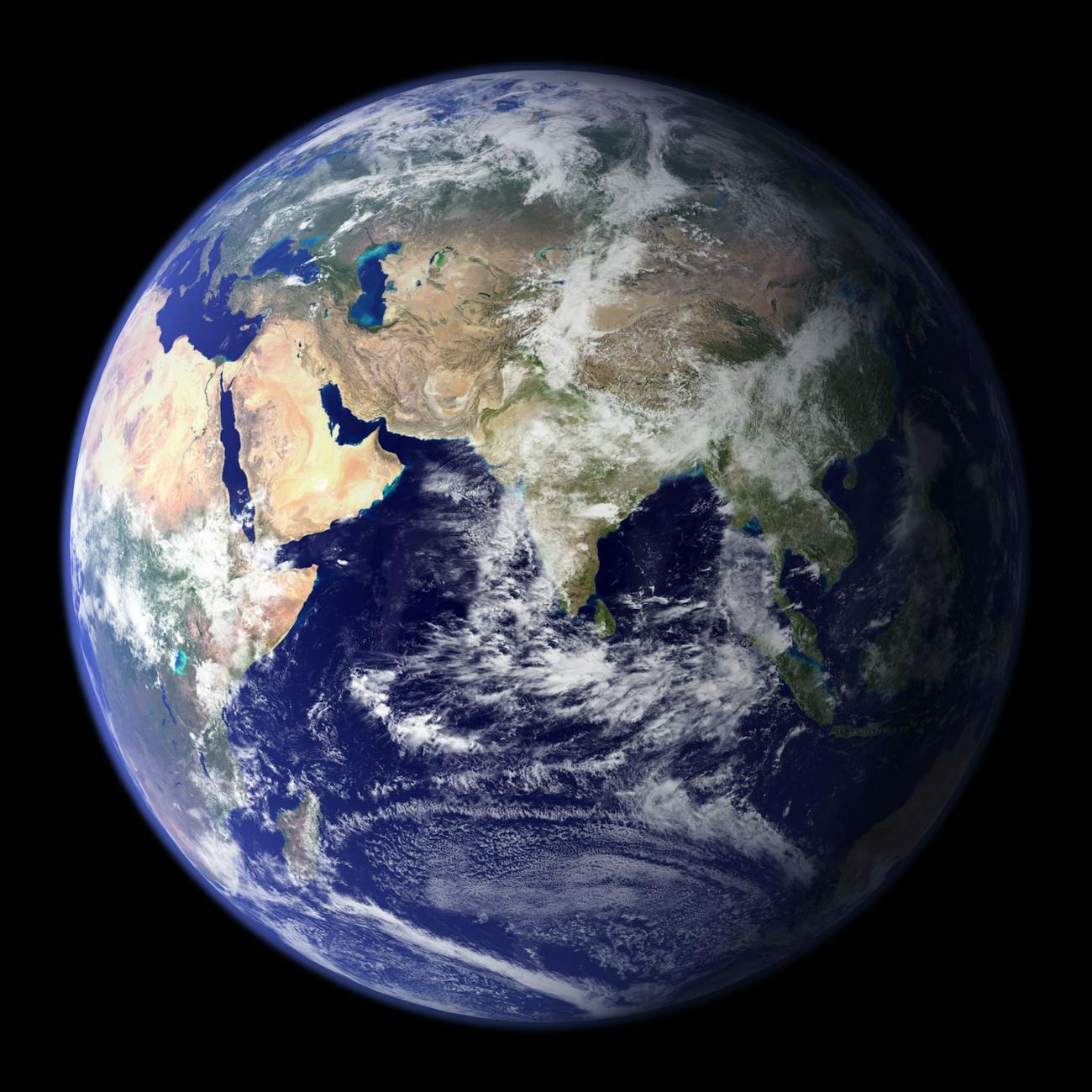For centuries, humanity has measured success through ownership — of land, of things, even of each other’s time. It has shaped our countries, our cities, our politics, and our sense of worth. Yet beneath the surface of this structure lies a quiet absurdity: how can we truly own what was here long before us, and will remain long after?
The next step in our evolution isn’t to extend ownership, but to outgrow it completely— to move from possession to participation, from control to care, from ownership to stewardship. That understanding, for me, began long ago in a house outside Oslo, Norway.
⸻
A Seed Planted in Childhood
When I was young, my mother rented out rooms in our big house. She had inherited a bit of money, bought the house, and made ends meet by letting others live there.
I saw people come and go — teachers, students, workers — handing over their rent month after month for something already built, already paid for. Even as a child, it didn’t feel right. Why should people have to pay just to exist somewhere? I really wanted everyone to be able to get free money just like us.
But of course, I soon understood that if absolutely everyone owned houses there would be no one to rent them. There clearly was an imbalance in the world.
That early sense of imbalance would later grow into a vision of a world where sanity rules instead of profit — where fairness isn’t an ideal, but a foundation.
The Mirror of Ownership
Later I saw how that household was a miniature version of Earth itself. Those who own — land, housing, resources — are sustained by those who don’t. Not always by cruelty, but by design.
Ownership quietly governs who must work, who may rest, who lives with security, and who struggles with debt. And yet we seldom question it. We call it normal.
But what if the very structure of ownership — the belief that life and land can belong to a few individuals — is the real flaw?
⸻
The Turning Point: Discovering a Sane Design
Decades later, I discovered The Venus Project and its vision of a Resource-Based Economy (RBE) — and the pattern finally came together.
Here was the model that made my lifelong intuition tangible. A system where ownership dissolves into stewardship — where resources are shared intelligently, technology serves all humanity, and access replaces price.
With an RBE, my childhood idea of “everyone a landlord” could finally come true — not through rent and property, but through universal belonging. Everyone would, in effect, be a responsible owner — not of separate things, but of the shared planet itself.
⸻
The Ladder of Awakening: TMS → UBI → UO (RBE)
Human progress toward sanity can be seen as an evolution of understanding:
1. TMS – The Monetary System
A structure built on ownership, scarcity and control. Humanity must earn its right to live. A small part of humanity has taken control over something that should belong to everyone.
2. UBI – Universal Basic Income
A compassionate attempt to soften the edges of that system by redistributing purchasing power. A kind patch, but still a patch — money and ownership remains the gatekeeper.
3. UO – Universal Ownership
The realization that the next step is not redistribution but redesign. Everyone shares stewardship of the planet and its resources.
That final stage — Universal Ownership — is the Resource-Based Economy: the world functioning on sanity, efficiency, and shared responsibility. We are all equal owners and stewards of Planet Earth.
The Shape of Sanity
In a sane world, we build things to last because waste is irrational.
We share because collaboration works.
We use technology to free, not enslave.
We stop selling survival and start cultivating life.
When ownership becomes stewardship, competition transforms into collaboration.
Work becomes contribution.
The economy becomes an ecosystem.
The Moral Foundation
At the root lies a truth so obvious we overlook it:
The Earth was never meant to be owned.
Just as the Moon was declared “the province of all humankind” under the 1967 Outer Space Treaty — belonging to no nation, corporation, or individual — so too can Earth be seen through that same lens. Our planet Earth, no less than the Moon, is a shared inheritance, not a possession.
The shift from ownership to stewardship begins with recognizing that no one can truly own what sustains us all — we can only care for it, together, as co-guardians of our common home.
Money and ownership was once a tool for coordination — now it’s the master of everything.
A Resource-Based Economy simply returns design and decision-making to where it belongs: within humanity itself, aligned with the wellbeing of all. Because when everyone belongs, no one has to pay rent on life anymore.
A New Dawn
That journey — from confusion to clarity, from ownership to stewardship — is what inspired Waking Up – A Journey Towards a New Dawn for Humanity.
The book reflects what I’ve always believed: that sanity is possible, and that it begins with how we see ownership itself. Once we recognize that we already belong here, the rest unfolds naturally.
Follow the former billionaire Benjamin Michaels into this vision of stewardship and belonging when he wakes up in a world where humanity already has awakened…
⸻


Leave a Reply